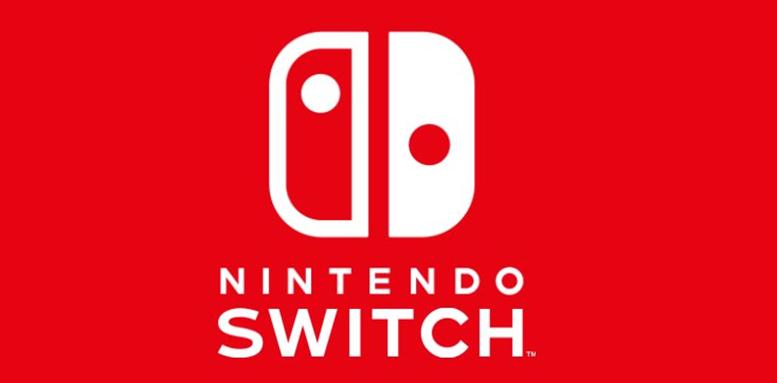Nintendo’s (OTC:NTDOY) stock has been recovering this year after falling from its all-time high in 2007 and a further decline from 2011 onwards. The stock began to climb again, at long last, at the tail end of 2016. Many are attributing this recovery, with a more than 75% increase since the start of the year, to the company’s many blockbuster releases that have debuted in 2017.
Included in this is the release of the Nintendo Switch console, which has already sold 10 million units worldwide in its first year, almost more units than the Nintendo Wii U has sold in its entire existence.
Wednesday’s market close left Nintendo stock at $46.40, putting it up $0.62, or 1.35%, from the previous close of $45.78. At the beginning of the year, Nintendo stock was hovering around $26.00, which shows the tremendous comeback Nintendo has experienced this past year.
People are loving the Switch, there’s no denying that, but there could be a snag to all this success in the near future, and that has to do with the Switch’s internal memory space.
The memory space isn’t an issue for Nintendo-produced games. The Switch has a maximum capacity of 32 GB and most Nintendo-produced games have so far fallen within the range of 2-6 GB. The problem lies with third-party developed games. Third-party games usually run in the gamut of 50 GB of space, which is 18 GB over what the Switch can allow for. Nintendo was supposed to release 64 GB game cartridges to accommodate for this issue, but now the company says this release will have to be delayed until 2019. With the bigger capacity memory cartridges now over a year away, minimum, from becoming available, what will this entail for game company’s stock? Will the momentum of its comeback be enough to keep the recovery going, or does this delay mean another stock decline is on the horizon for the gaming company?
Here’s why this announcement may mean the latter. Without the memory space available to them, game developers hoping to develop cross-platform games may decide to hold off on developing a version of the game for the Switch. Games aren’t going to stop being released just because they can’t be released on the Switch; more and more games are going to be released, without being adapted for the Switch. This will mean that fewer and fewer games will be available on the Switch, save for the games that Nintendo develops itself. With fewer games being offered on its console than are offered elsewhere, Nintendo may start seeing the Switch’s sales dropping off and with it, a return to the company’s decline in their stock.
I think this is an extreme case. But it is possible. And the longer it takes Nintendo to adjust the Switch’s memory capacity, the more likely this scenario is to happen.
Featured Image: twitter











